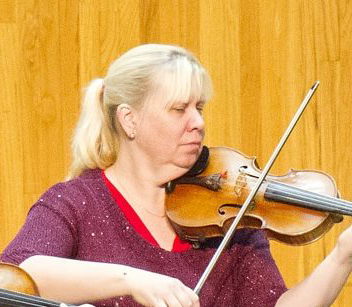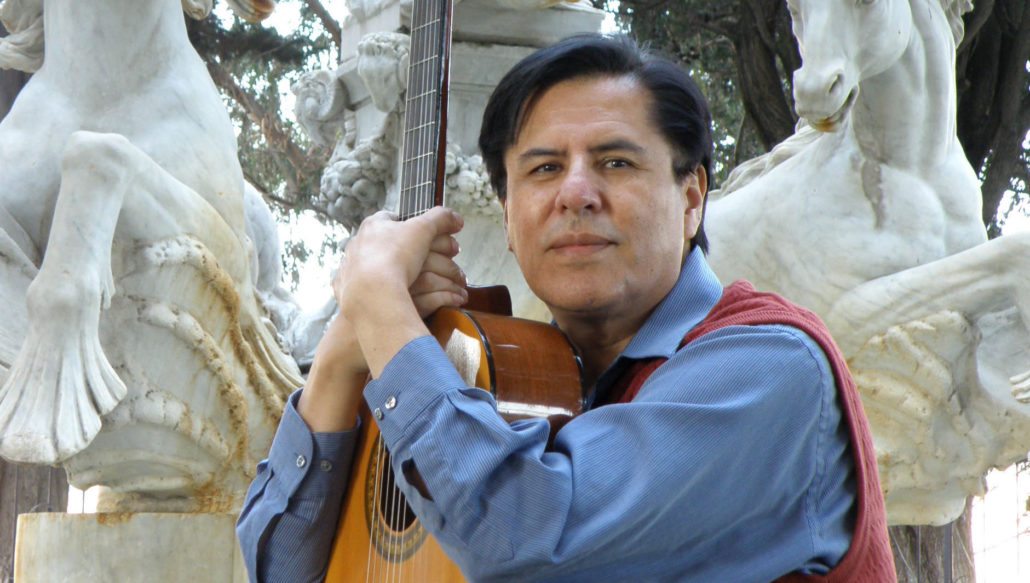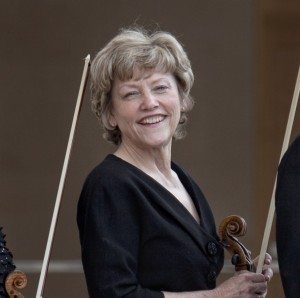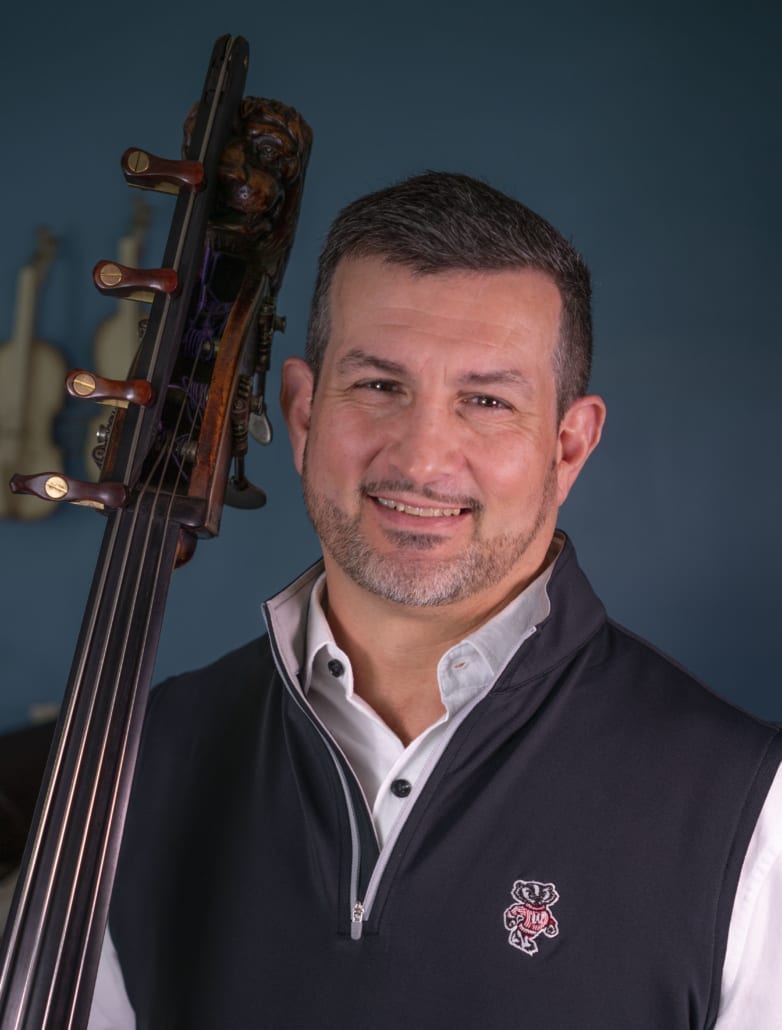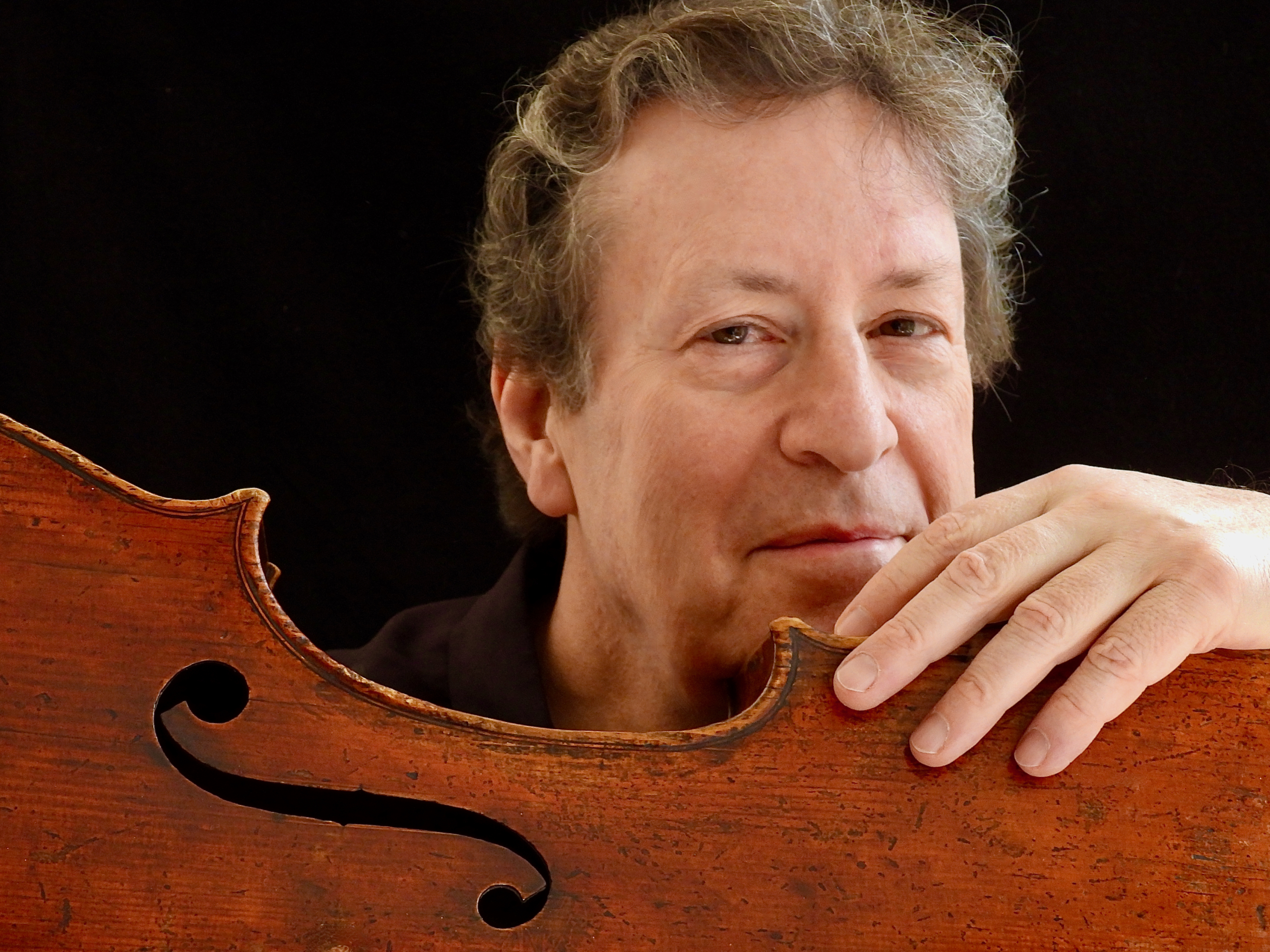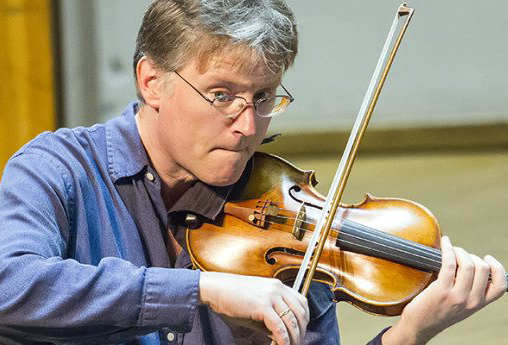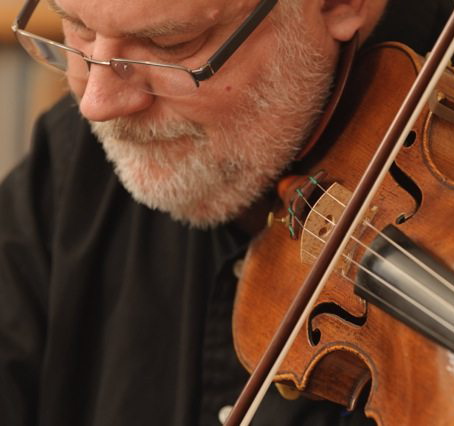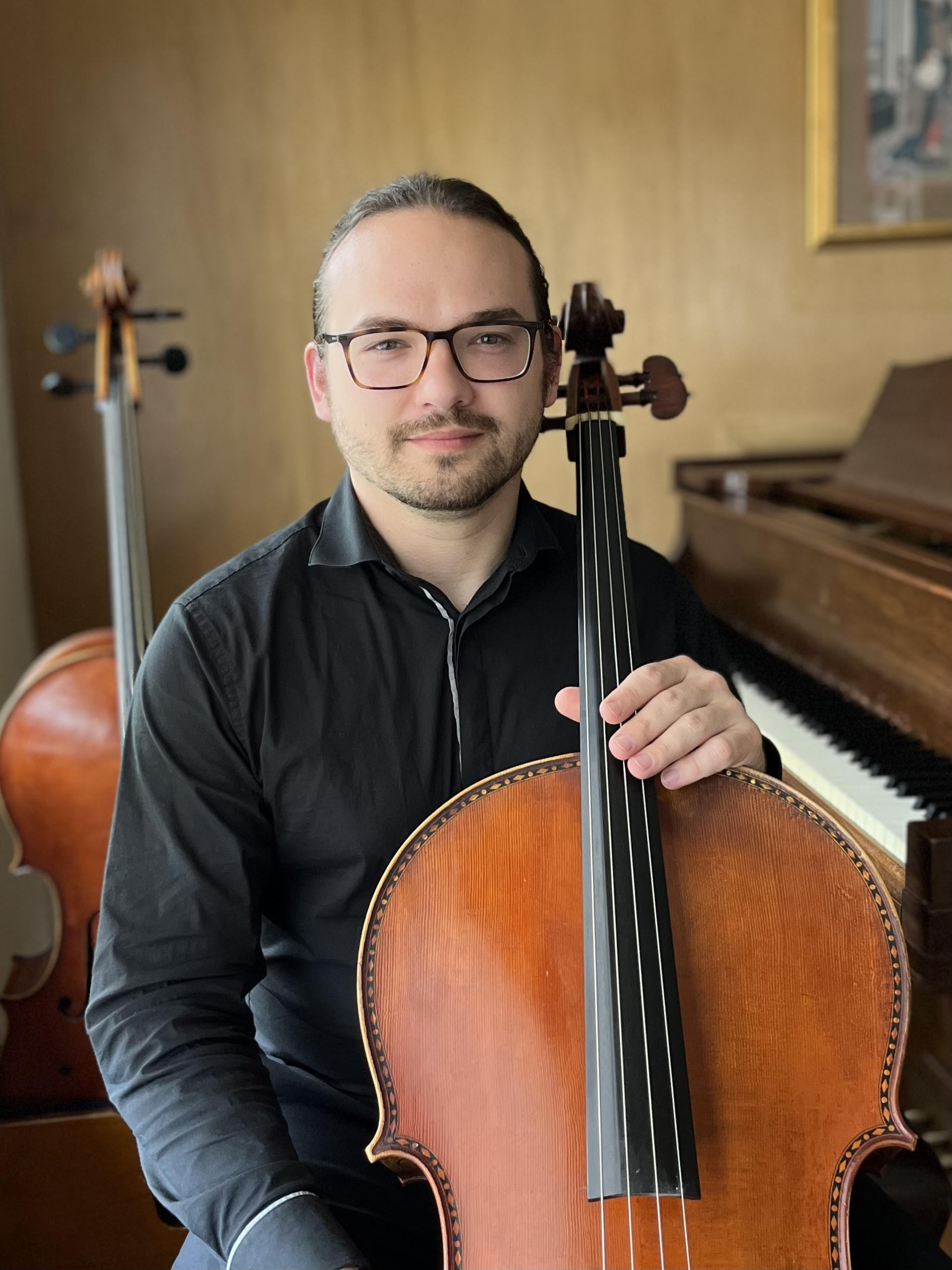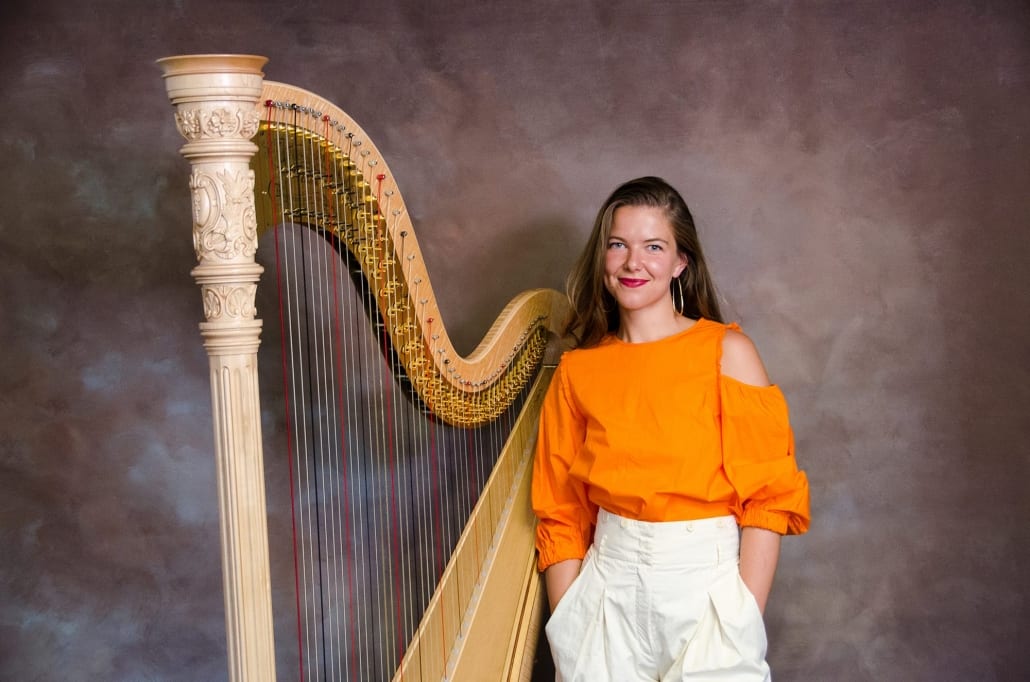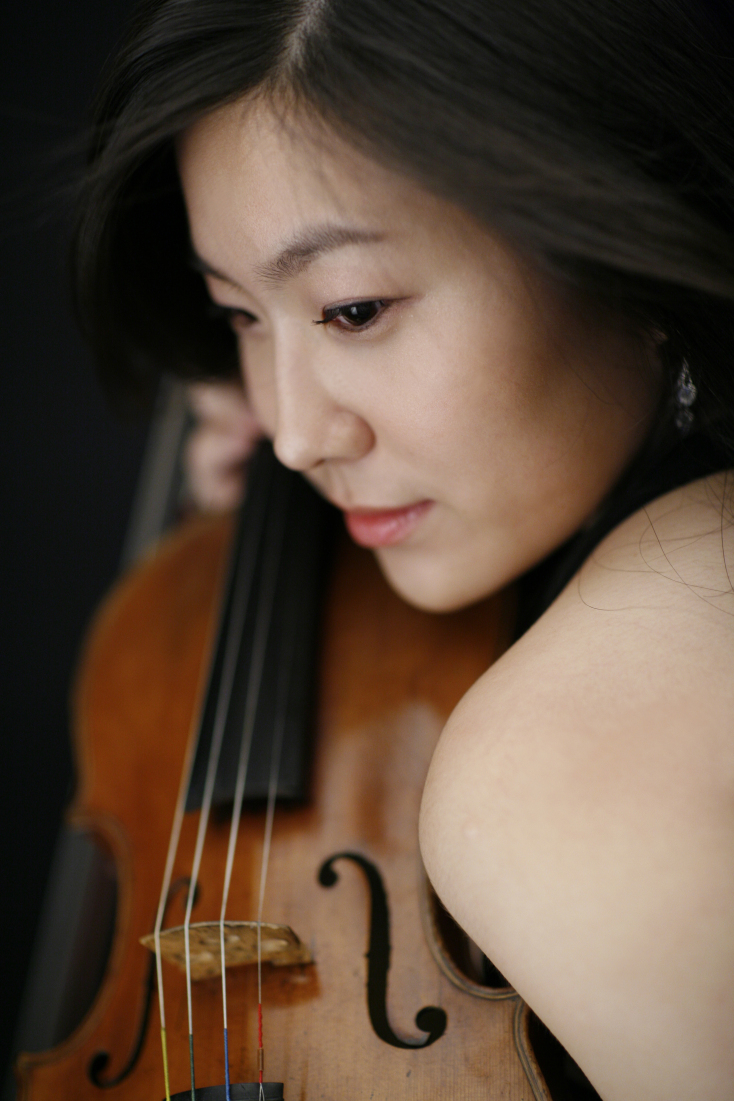A Creative, Curious Approach to String Education
String graduates are regularly accepted on scholarship at top conservatory graduate programs. Many have won positions in major orchestras, are members of internationally known string quartets, have professorships in major universities, and are laureates from top international competitions. String students are typically very creative and curious, and often pursue double majors. This is strongly supported by the faculty.
All string students receive weekly lessons and master classes with their major professor, with frequent guest artist master classes also available. Recent guests include Pinchas Zuckerman, Rachel Barton, Nobuko Imai, Samuel Rhodes, Mark Kosower, Leon Fleisher, and Charles Neidich. In October 2017, David Kim, concertmaster of the Philadelphia Orchestra visited for a residency, including several performance classes and concert with UW–Madison Strings.
